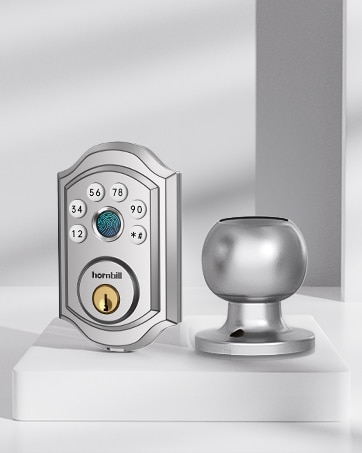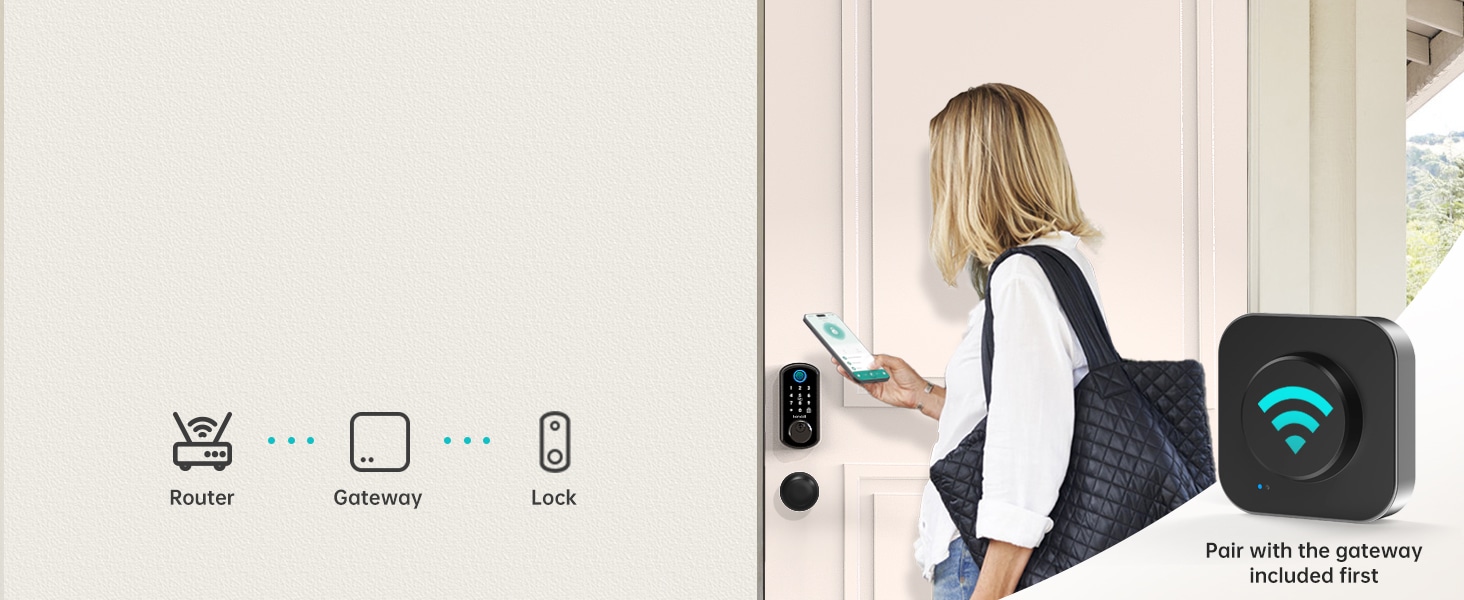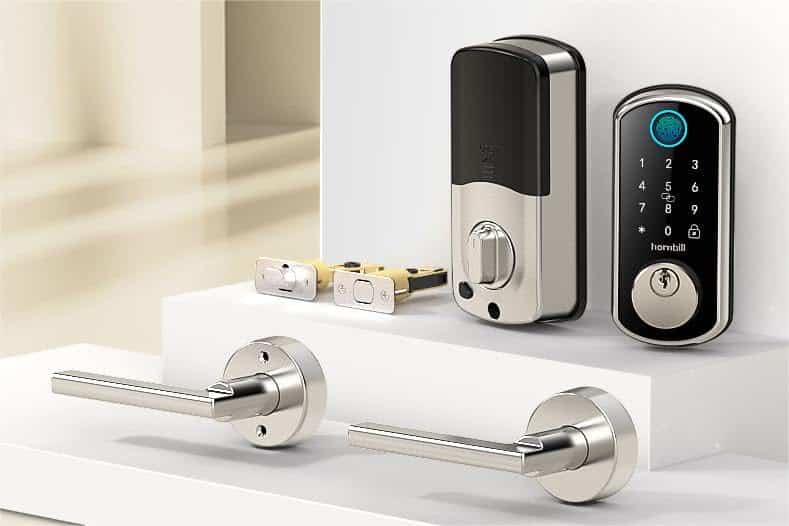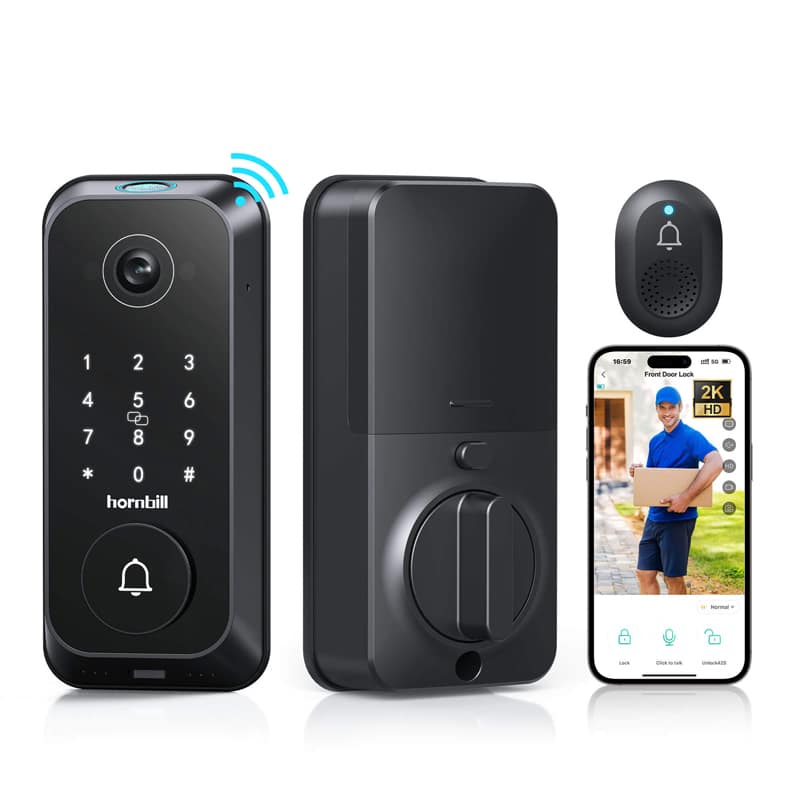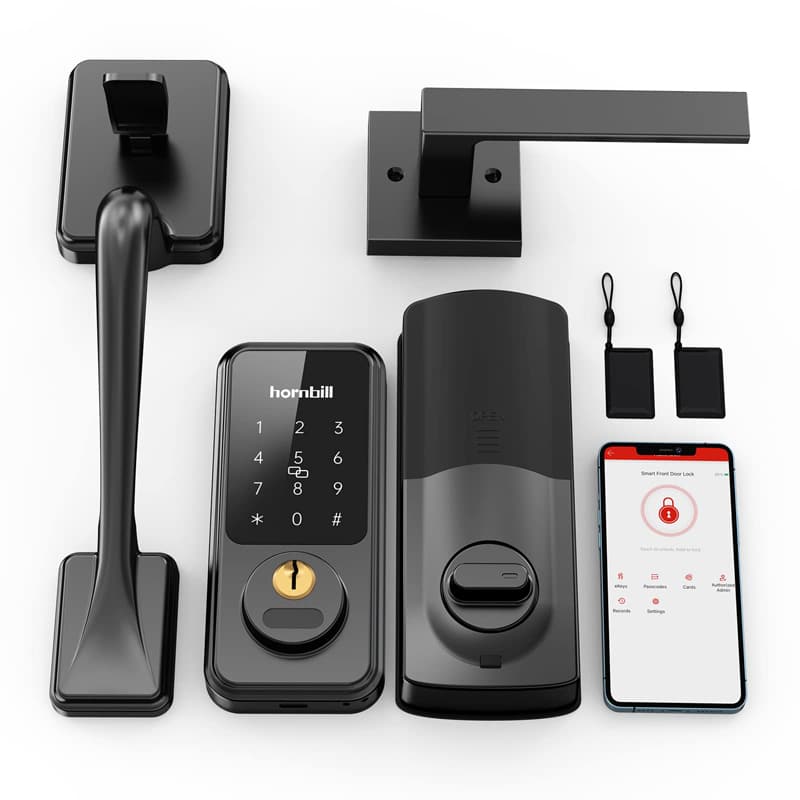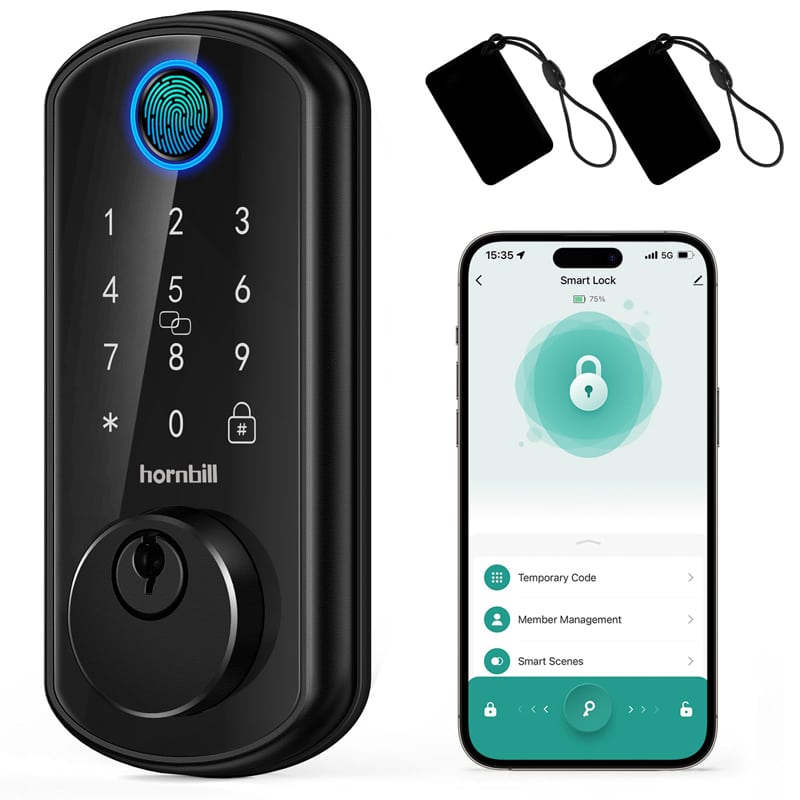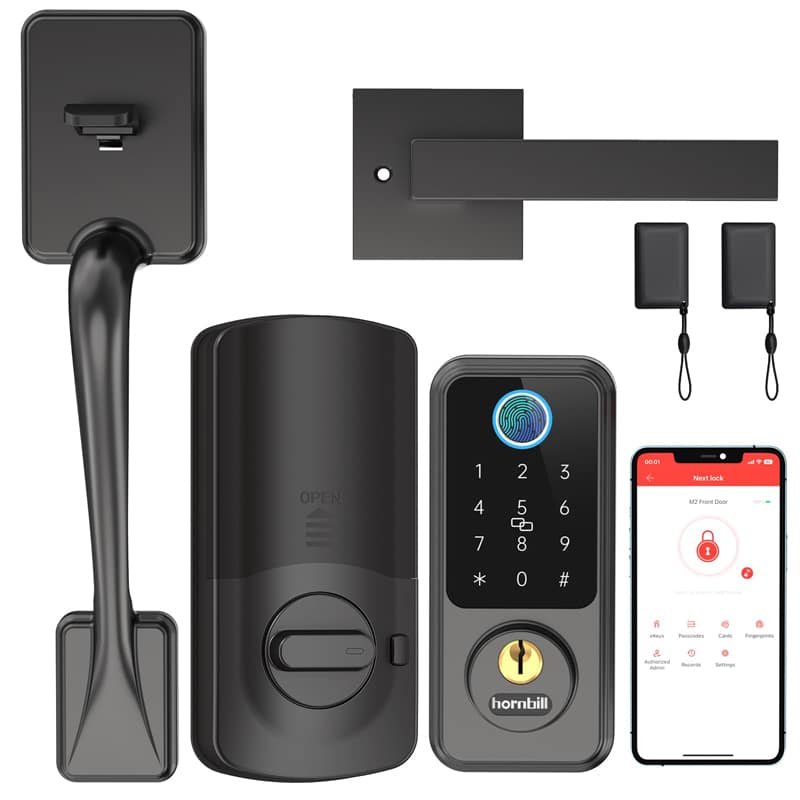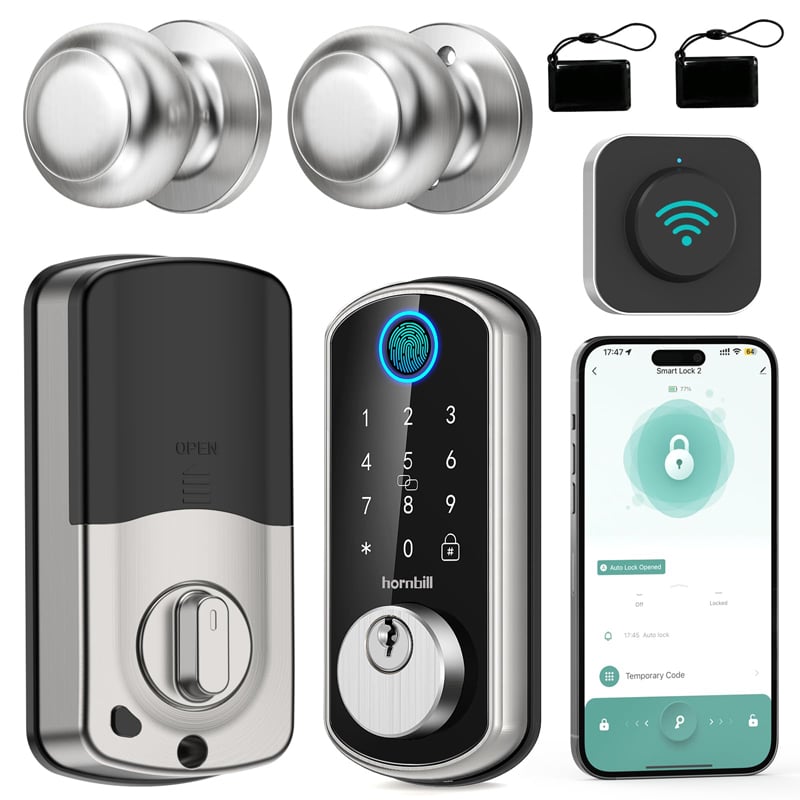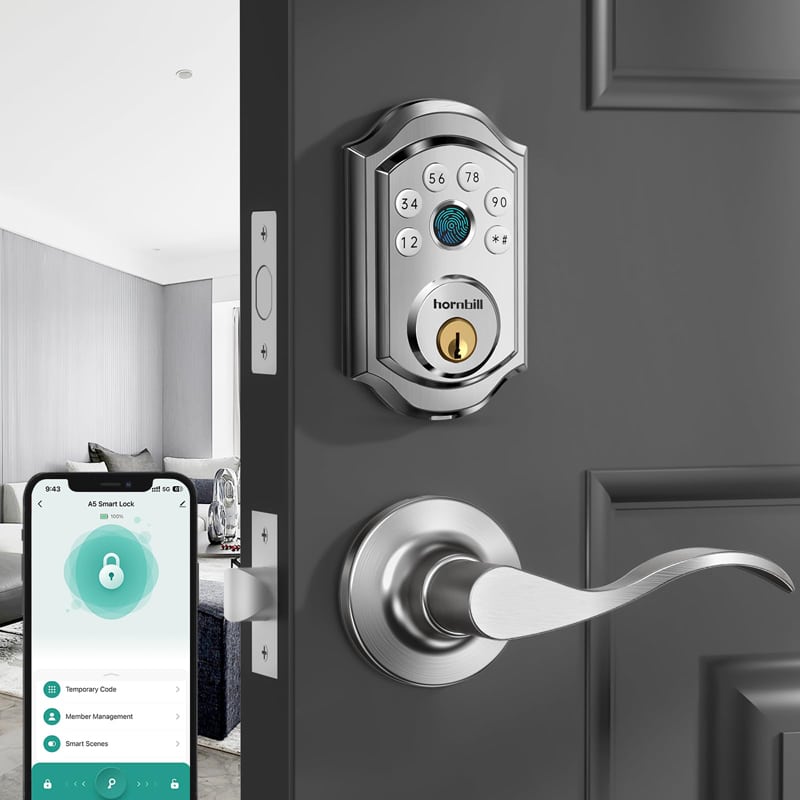The advent of smart home technologies has revolutionized many aspects of our lives, and securing our homes is no exception. As technology continues to advance, Bluetooth locks have emerged as an innovative solution to enhance home security and convenience. This article provides an in-depth exploration of Bluetooth locks, their advantages, and how they function in today’s technology-focused society.
What is a Bluetooth Lock?
A Bluetooth lock is a keyless device that utilizes bluetooth keyless door lock to control and manage access to a property. Via a smartphone app, users can remotely control these locks, monitor entry and exit logs, and share access with family members, friends or guests.
Key Features of Bluetooth Locks:
Keyless Entry:
The need for physical keys is eliminated, making lockouts a thing of the past.
Remote Access:
Bluetooth locks for doors can be operated using your smartphone, giving you the ability to lock and unlock your door from anywhere within the Bluetooth range.
Access Sharing:
You can grant and revoke access to different users as needed, a considerable benefit for landlords or hosts of vacation rentals.
Enhanced Security:
These locks create an encrypted connection with your smartphone, thereby reducing the potential risk of a break-in.
Notable Bluetooth Locks in the Market:
Known for its DoorSense technology, easy installation, and superb app interface, Hornbill Smart lock pro stands out for its compatibility with various smart home systems and continuous updates to improve user experience.
Offers easy integration with smart home systems, keyless access, and a sleek modern design.
Kwikset Kevo Bluetooth Deadbolt:
Features a touch-to-open mechanism where the door unlocks when you touch it, whilst your Bluetooth-enabled device is within range.
Schlage Sense Smart Deadbolt:
Offers a tamper alert, built-in alarm technology, and a smart app that provides a seamless setup.
Choosing the Right Bluetooth Lock:
Smartphone Compatibility:
Verify the lock is compatible with your smartphone’s operating system, LTE, and update process.
Setup and User Experience:
Assess the setup process, app interface, and user-friendliness.
Battery Life:
Many rely on batteries for power, so battery life is a critical consideration.
Range:
Check the operating ranges, as a Bluetooth lock only works within the Bluetooth range of your device.
In conclusion, Bluetooth locks mark a substantial stride towards integrating technology into our daily lives, offering convenience without compromising on security. From not having to fumble with keys to being able to allow entry remotely, Bluetooth locks are shaping the future of home security, transforming our homes into smarter, safer environments.
Disclaimer: This article outlines potential cybersecurity risks associated with smart locks but does not imply all smart locks possess these issues. Efficacy of protection measures varies from model to model. Always conduct thorough research before investing in one.


